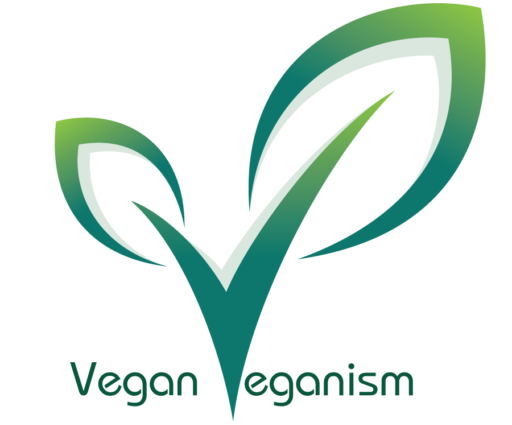Vegan Lifestyle has become more than just a diet. It has become a trend and more and more people are switching to a vegan lifestyle. So here is a breakdown of what a vegan lifestyle is and its downside.
What is a vegan lifestyle?
If you choose to live without any animal products, then that’s basically a vegan lifestyle also commonly known as a plant-based diet. It is not just limited to avoiding edible animal products, like meat, dairy, eggs, or honey, but you also do not use any animal products such as leather, wool, cosmetics, or any product that is tested on animals.
Vegans are an advocate for the animals and believe that animals have the same rights as us. They find it inhumane to snatch away a suckling calf from its mother to meet our personal diet goal or raise poultry in unlivable conditions, just to get them slaughtered.
What are the Disadvantages of a Vegan Lifestyle?
Being a vegan has its advantages and disadvantages like any other significant change. It may be an exciting journey but it’s important to consider the possible disadvantages of a plant-based diet. Let’s explore the main disadvantages of going vegan and how to combat them.
1. Do you get enough nutrition from a vegan diet?
One of the most common concerns about a plant-based diet is malnutrition. The following table will help you understand the nutritional differences between a plant-based diet and a non-vegan diet.
| Nutrient | Non-Vegan Diet | Vegan Diet | Nutritional Deficit |
| Vitamin B12 | You can find B12 readily available in meats, eggs, fish, and dairy | In plant-based foods, B12 is not naturally available and you should rely on foods with extra nutrients added. | Without added nutrients and supplements in food, you will have a high risk of deficiencies. |
| Vitamin D | If you consume fatty fish, egg yolks vitamin D is naturally present in it. | If you are a vegan your only source of vitamin D is fortified foods and plant milk and sunlight exposure. | Supplements may be required due to deficiency risk, especially in regions with low sunlight exposure. |
| Calcium | In dairy products like yogurt, cheese, and milk, you can find calcium naturally present in it. | It’s usually found in fortified plant milk, leafy greens, and tofu but absorption from plant base can be lower. | As calcium absorption from plant base can be lower it might cause possible deficiencies, affecting bone health. |
| Omega-3 Fatty Acid | In fatty fish like salmon, and mackerel, as well as eggs, you can find abundant amounts of Omega-3 fatty acids. | You can find Omega-3 fatty acids in flaxseeds, chia seeds, walnuts, and algae-based supplements. | You will often need supplementation and conversion of EPA and DHA levels is limited, important for heart and brain health. |
These nutrients usually come from products derived from animals; consequently, their lack may result in such diseases as anemia, osteoporosis, and cognitive dysfunction.
2. Are Social Problems Making Vegan Lifestyle Difficult?
Adapting to a vegan lifestyle can be a lonely experience, especially when it comes to social situations. Ordering food itself can become a tricky subject to handle due to very limited choices. Imagine going out on meals with friends or family or even just having lunch at work and not getting the food you want, how annoying and awkward it is right?
3. Is Veganism Expensive?
Another potential disadvantage of being a vegan is the perception that it has price implications. Specialty vegan products like meat substitutes and organic produce have higher prices compared to conventional items. Basic goods like fortified plant-based milk are also pricy compared to normal or fortified milk.
4. Is Being a Vegan a Hard Life?
Despite the fact veganism is gaining popularity, there are still limited options when eating out or traveling. As distinct from other areas, where one lives will sometimes affect the availing of these products to use thereby leading to discouraging and problematic situations.
How to combat the downside of a Plant-based lifestyle?
- Include fortified foods in your diet and take supplements for key nutrients like Vitamin B12 and Omega-3 fatty acids.
- Consider bringing your own food or try communicating your dietary needs in advance
- Buying in bulk and focusing on whole grains foods like grains, fruits, and vegetables can be an affordable approach
- You can use apps and websites that provide details about vegan places in the town.
Conclusion
Adopting vegetarianism is an individual decision that carries its share of stumbling blocks. Depletion of nutrients in the body, social setbacks, escalated expenditures on foodstuffs and poor restaurant services are some downsides that may be experienced by many individuals. However, these difficulties can be effectively addressed through proper planning as well as taking proactive actions thereby enjoying the advantages of plant-based nutrition without compromising their health or routines.

